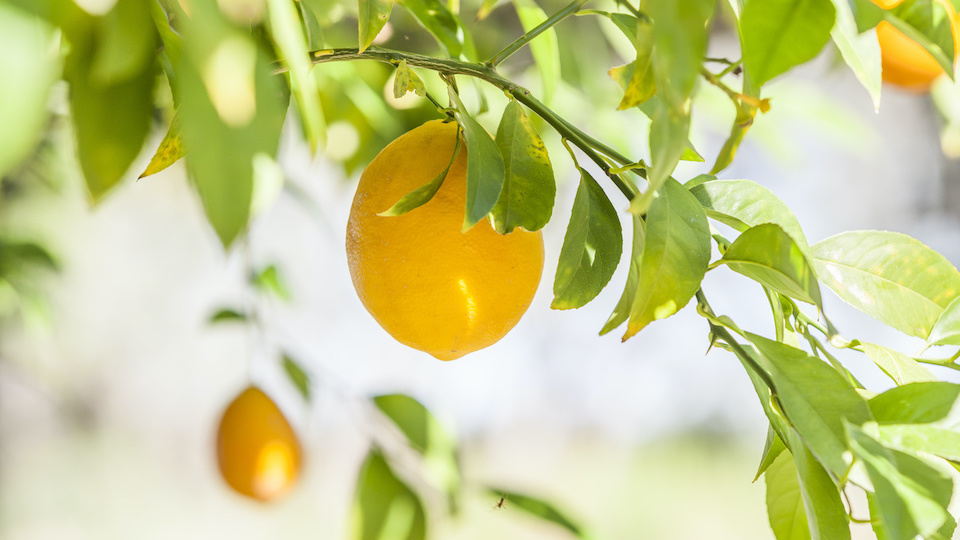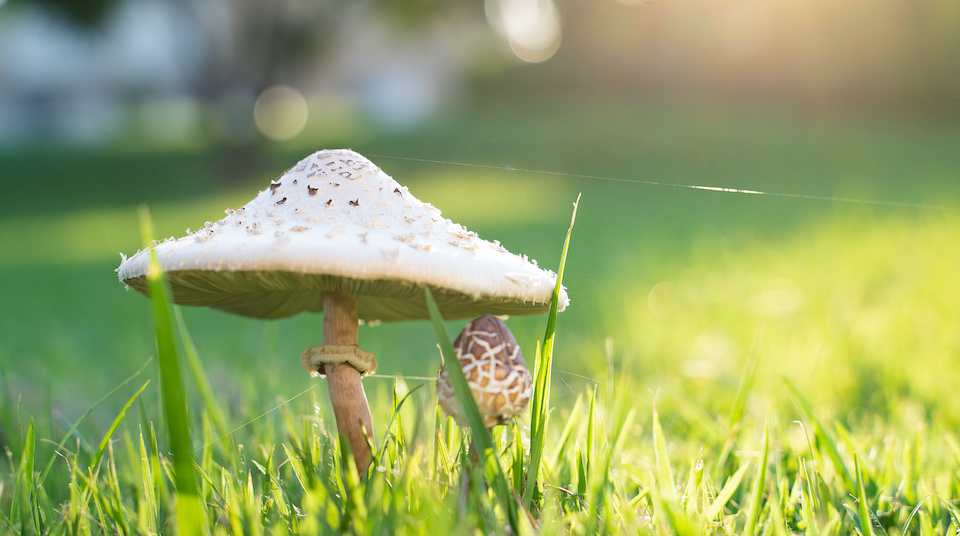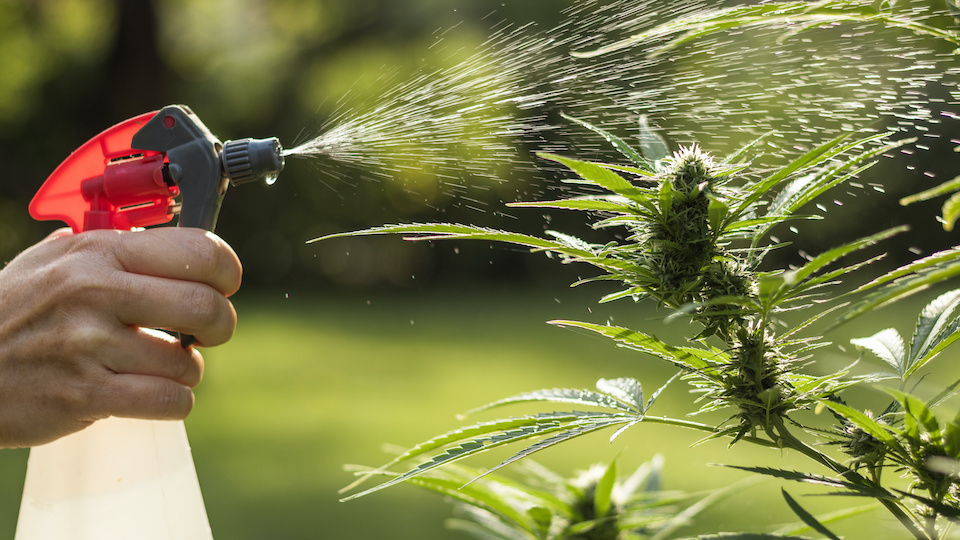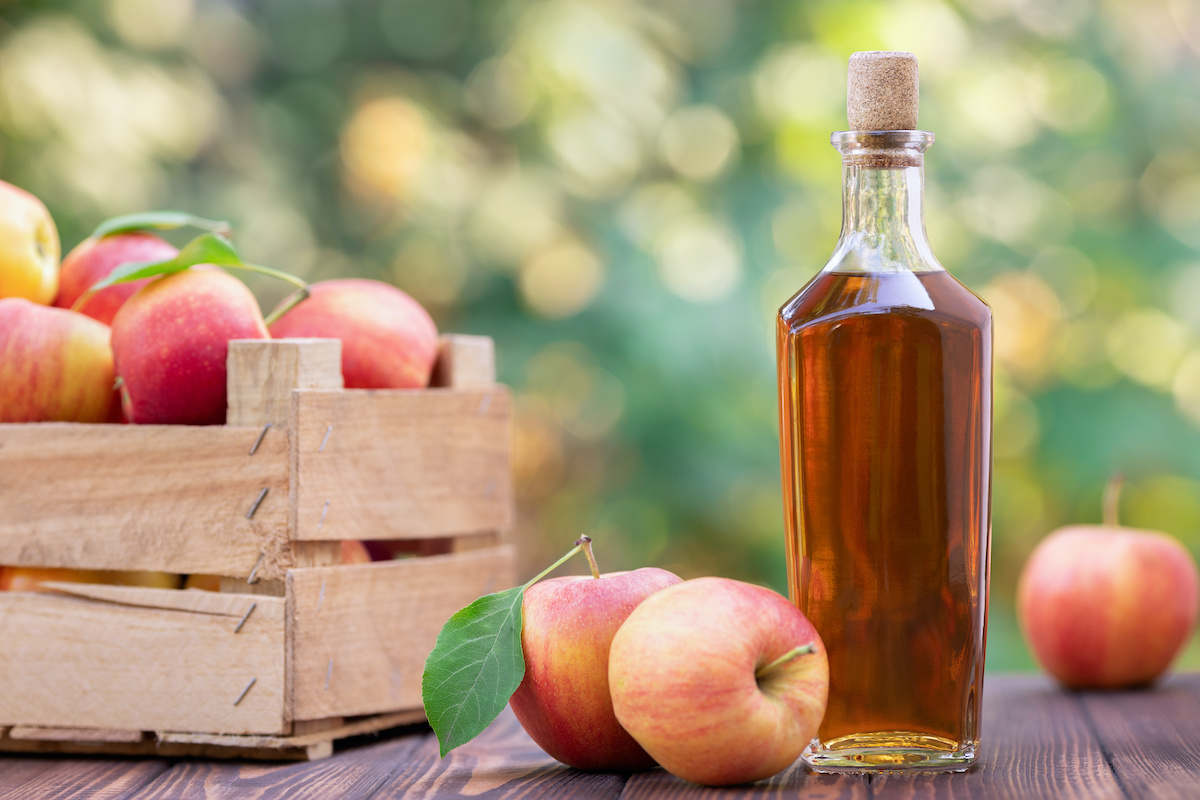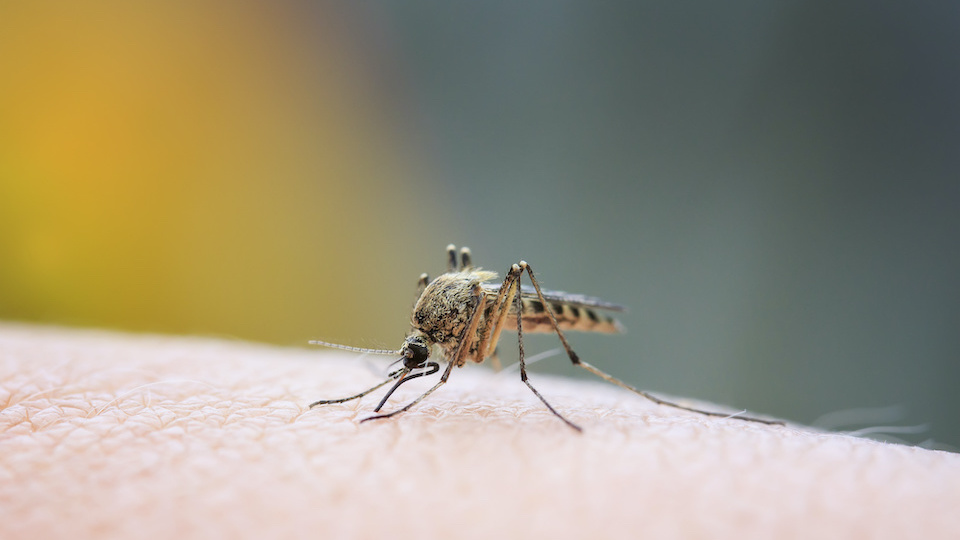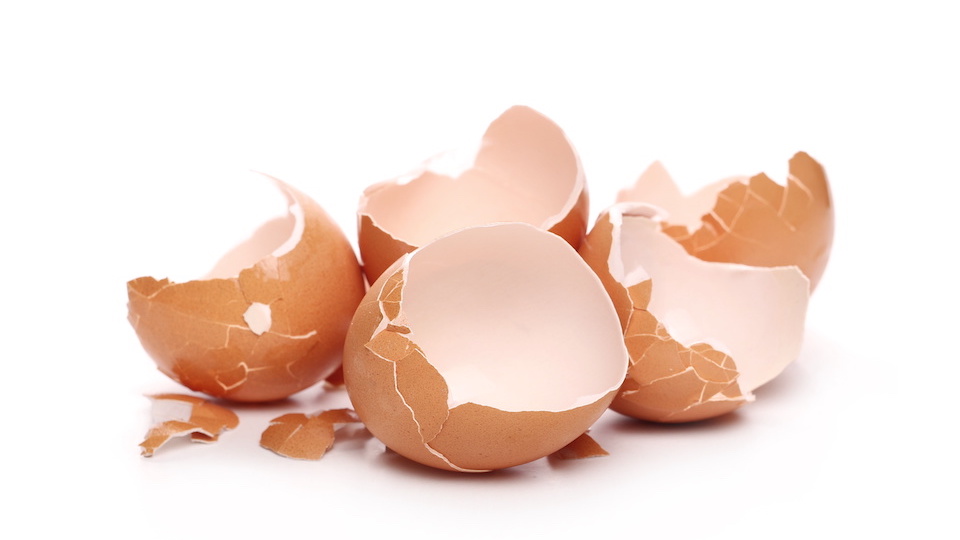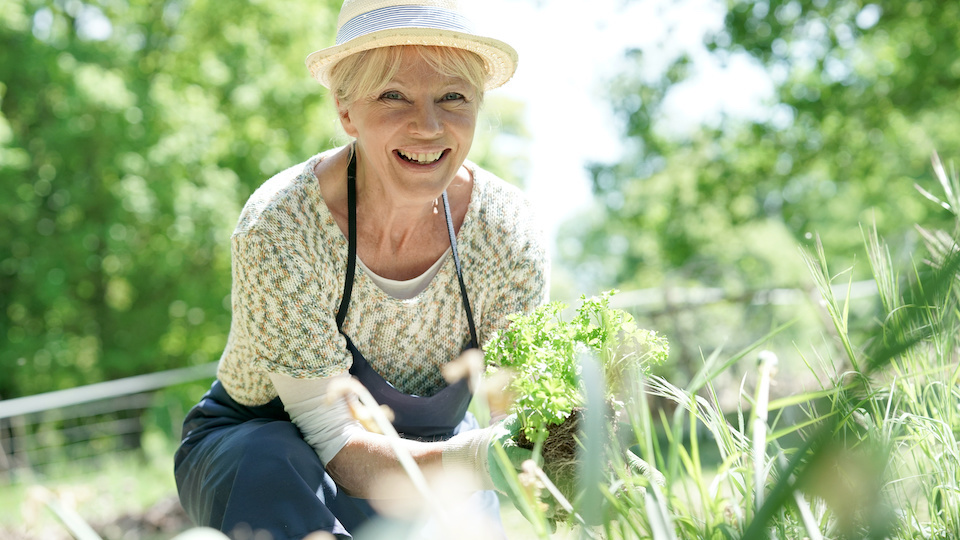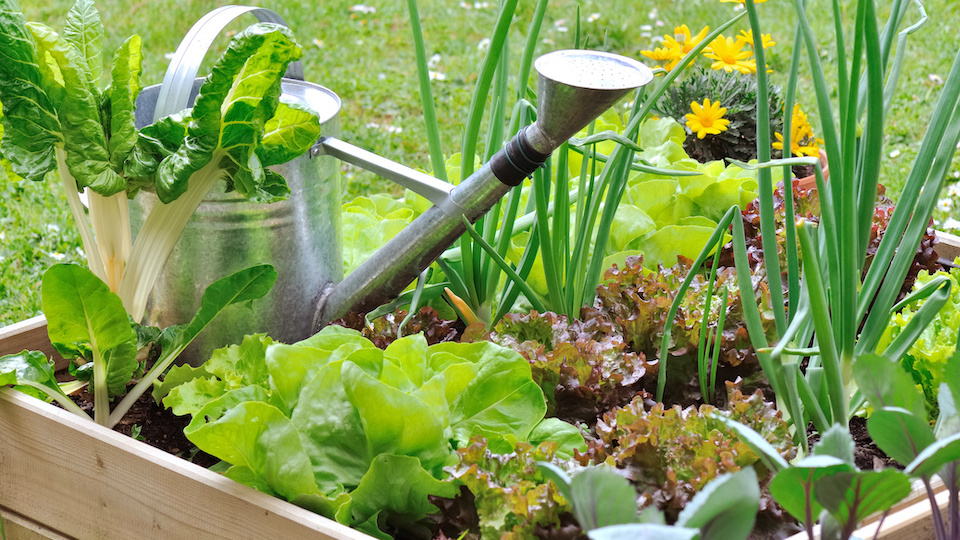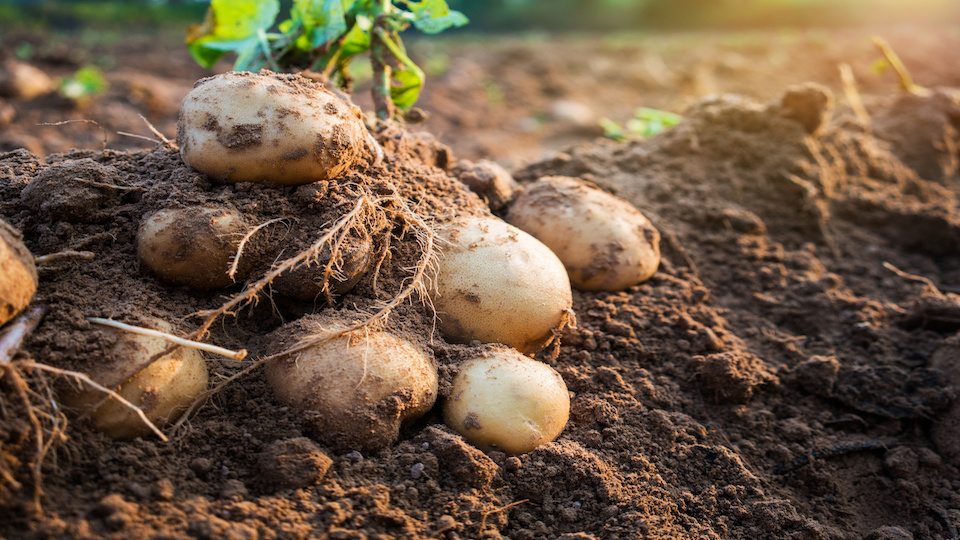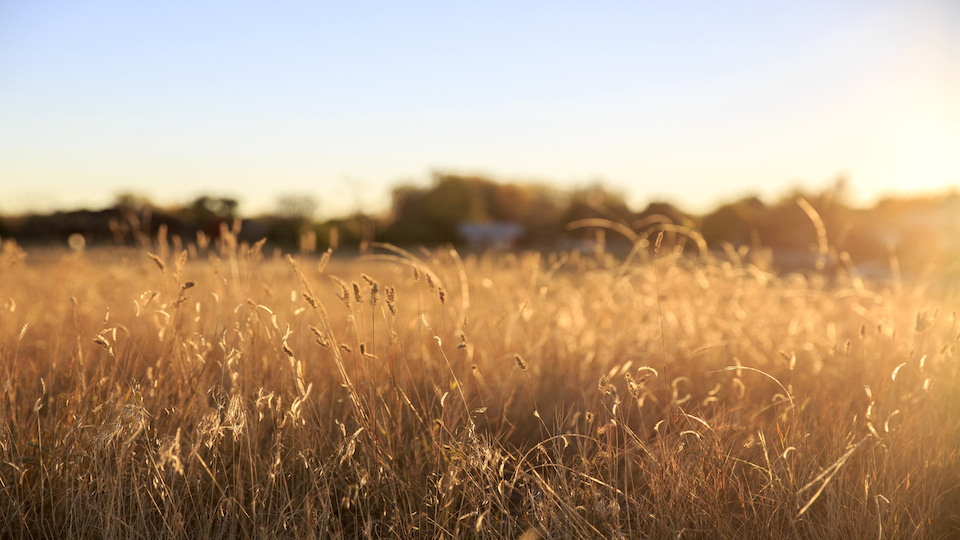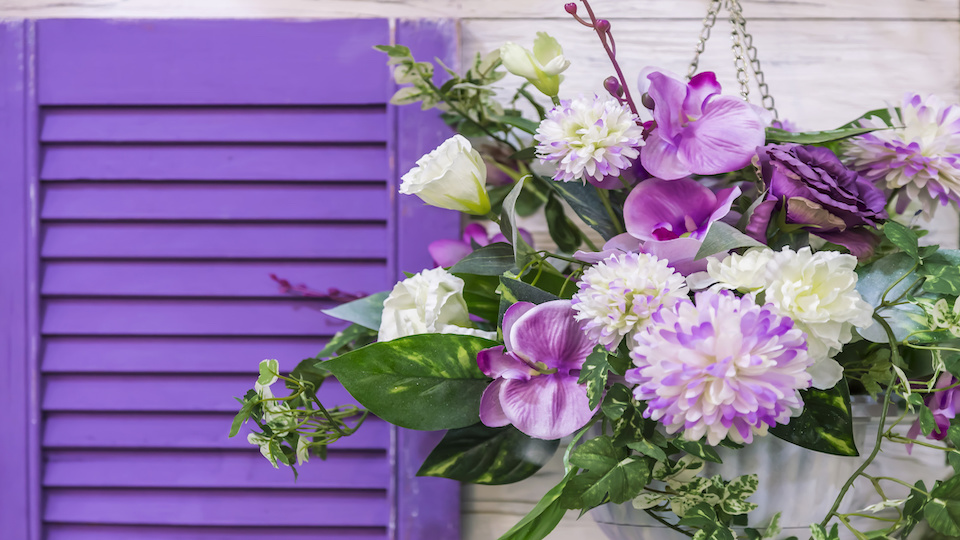How to Grow and Use This #1 Citrus Fruit for Whiter Teeth and Radiant Skin
Lemons, one of the most popular citrus fruits of all time. Along with other fruits and vegetables, Christopher Columbus brought lemons with him on his second voyage to the New World in 1493, and they have been growing in Florida since the sixteenth century.


